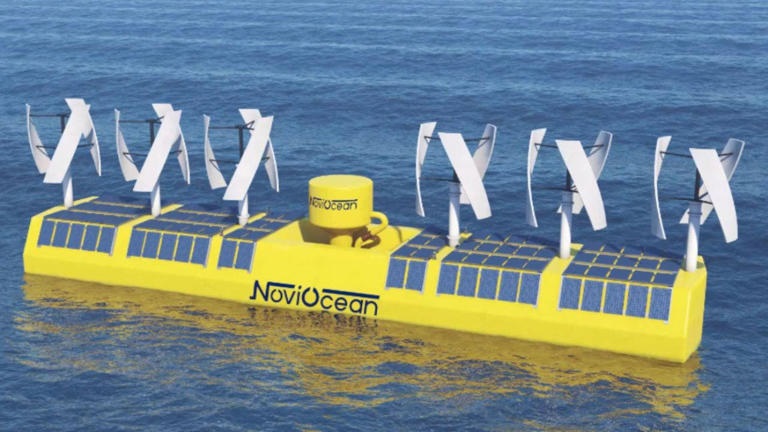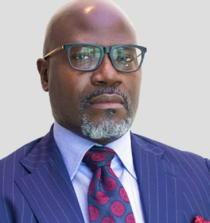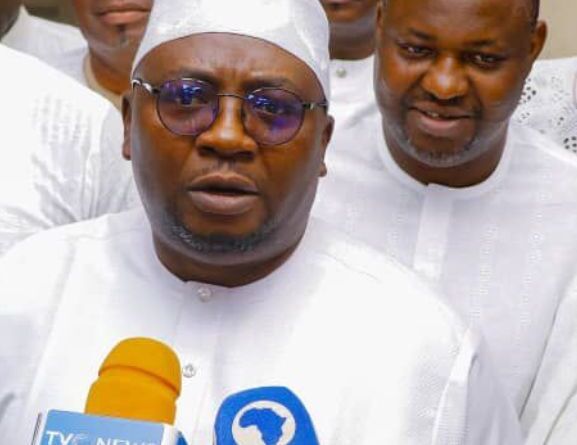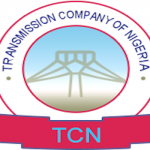Nigeria has about 11,165 Mega Watts (MW) of electricity generating capacity, out of which only about 25 per cent is available and operational due to gas constraints.Again, about seven per cent of the generated electricity is lost across the transmission network. In general, there is a transmission capacity of 7,000MW, wherein close to 90 per cent of transmitted power reaches electricity consumers through the Distribution Companies (DISCOs). However, these distributors encounter collection and commercial losses since less than 50 per cent of electricity consumers pay for the power they consume.
For electricity distributors, more than 50 per cent of distributed power is consumed free-of-charge. In other words, less than half of customers pay for electricity used.Experts believe that Nigeria will only have the kind of power that will support full industrialisation when the country is capable of generating at least 150,000MW of electricity because a rule of thumb estimation postulates that approximately 1,000MW serves around a million people in a population.
With the current generation capacity of less than 5,000mw, it is obvious that Nigeria has barely scratched the surface as far as ameliorating the challenges inhibiting regular electricity supply is concerned.Lamenting the challenges in the power sector and proffering possible solutions, stakeholders who gathered at the Power Sector Round Table organized by Sahara Group in Lagos recently, said the sector is heavily threatened by mirage of issues, which they believed, may soon lead to its collapse.
Speaking at the event, Group Managing Director of Sahara Power Group Limited and chairman of Egbin Power Plc, Kola Adesina, said there should be an alignment between policymakers and operators urging for a cost reflective tariff.He stated: “The discourse around electricity is usually emotional and emotive. There is a misalignment of visions and policies in the sector. I wonder why the cost of a commodity should be higher than the price of the commodity.
“There is no economic magic to guarantee efficiency in such a state of affairs. There is need to be paid to the sector a cost reflective tariffs. There is the need for systemic evaluation of every policy churned out.”Huge debts owed gas producers for supplies made but not paid as expected from the revenues remitted by the distribution companies (Discos) is also a challenge in the sector.
Lagos State Commissioner for Energy and Mineral Resources, Olawale Oluwo, said there ought to be a paradigm shift from what obtained in the past.He said: “Why build up generation when it is not getting to the end users. There is the need for more investment in the distribution companies for them to function effectively. As more power gets to the people, less power will be rejected,” he said.
Speaking, Chief Financial Officer of Sahara Power Group Limited, Aigbe Olotu, said power companies are having challenges with their financials.He said: “On paper, gencos are making money but there is a difference between selling and being profitable on paper and being illiquid.“Cash in the system is like blood in the human system. If there is no blood, you are dead. They may have paper profit but they are not cash. And because they are completely illiquid, they can’t approach the bank for any kind of borrowing.
“More importantly, the only cost in naira is probably salaries and wages. Every other cost is dollar dominated. If you do a critical analysis into the balance sheet of most Gencos, and check their unrealized exchange losses in their book, they are also technically bankrupt.President/Founder Consumer Advocacy Foundation of Nigeria, Sola Salako, a non-governmental organisation that is into consumer advocacy said it is high time operators took consumers serious adding that there is a gap in education.
“We don’t think the power sector sees us as important. The greatest challenge to the power sector is that consumers feel disconnected. It is not very true that the Nigerian consumer does not want to pay for services,” she added.On his part, the Managing Director of Nigerian Bulk Electricity Trading Company, (NBET), Marilyn Amobi, who was represented by the Head, Procurement, Mr. Eugene Edeoga, said the problem of the power sector cuts across the entire value chain, saying unlike what the Discos are claiming, it was not all about a cost reflective tariff.
The MD slammed the Discos for constantly demanding for a hike in electricity tariff, stating that, what the Discos are currently collecting as tariff was far more than what consumers would pay even if there was a cost reflective tariff in place.He argued that because electricity consumers are not metered, majority of them ended up paying more than what they should be paying because the parameters used in arriving at what they pay falls short of the standards approved by the Nigerian Electricity Regulatory Commission (NERC) due to no fault of theirs.
‘‘At NBET, we do not think the problem of the power sector is all about cost reflective tariff. It is much deeper than that. The problem of the power sector is systemic and runs across the entire value chain. There is no magic bullet that says once there is a cost reflective tariff in place, the problems are solved,’’ he warned.
Source: The Guardian









